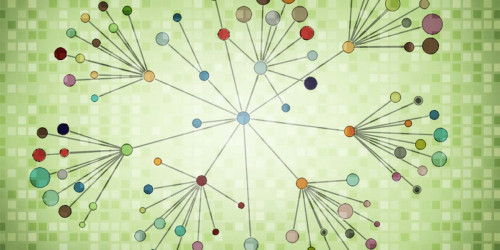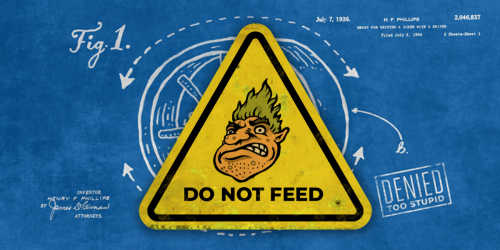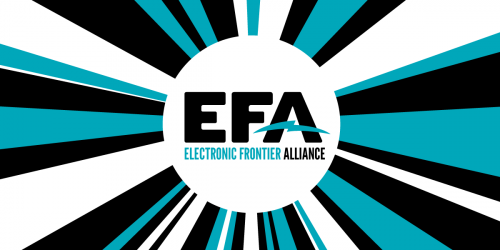Website blocking to deal with alleged copyright infringement is like cutting off your hand to deal with a papercut. Sure, you don’t have a papercut anymore, but you’ve also lost a lot more than you’ve gained. The latest country to consider a website blocking proposal is Japan, and EFF has responded to the call for comment by sharing all the reasons that cutting off websites is a terrible solution for copyright violations.
In response to infringement of copyrighted material, specifically citing a concern for manga, the government of Japan began work on a proposal that would make certain websites inaccessible in Japan. We’ve seen proposals like this before, most recently in the European Union’s Article 13.
In response to Japan’s proposal, EFF explained that website blocking is not effective at the stated goal of protecting artists and their work. First, it can be easily circumvented. Second, it ends up capturing a lot of lawful expression. Blocking an entire website does not distinguish between legal and illegal content, punishing both equally. Blocking and filtering by governments has frequently been found to violate national and international principles of free expression [pdf].
EFF also shared the research leading Internet engineers did in response to a potential U.S. law that would have enabled website blocking. They said that website blocking would lead to network errors and security problems.
According to numerous studies, the best answer to the problem of online infringement is providing easy, lawful alternatives. Doing this also has the benefit of not penalizing legitimate expression the way blocking does.
Quite simply, website blocking doesn’t work, violates the right to free expression, and breaks the Internet. Japan shouldn’t go down this path but look to proven alternatives.








